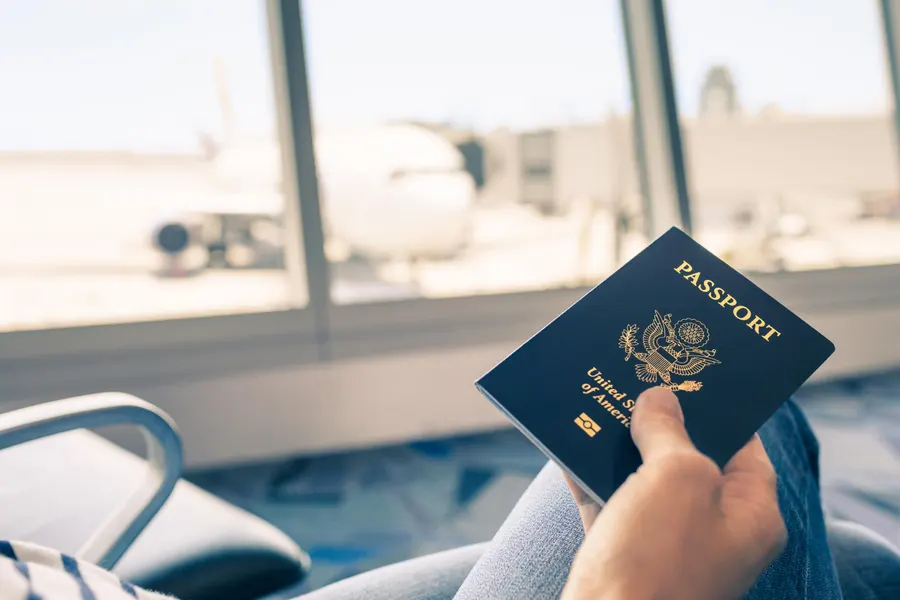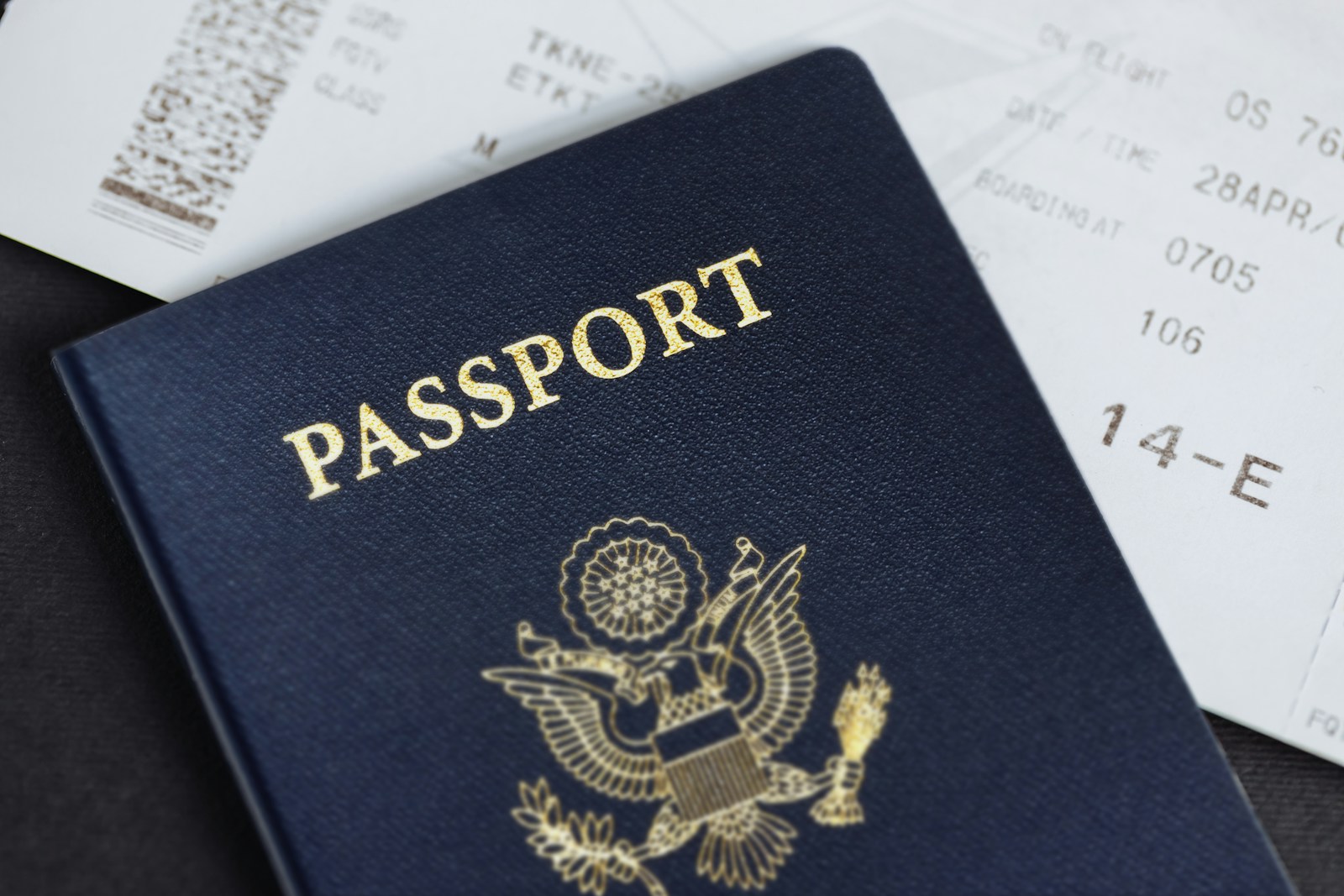The United States has dropped to a 10th-place tie in the 2024 Henley Passport Index, marking its lowest position since the index began two decades ago. It now shares this rank with Iceland and Lithuania. The Henley Passport Index ranks countries based on the number of destinations citizens can access without a visa.
This fall from grace is particularly stark considering that U.S. passports topped the list in 2014. Since then, the country’s passport power has steadily declined year after year.
Global Mobility Gap Widens as U.S. Trails Behind More Open, Diplomatic Nations
U.S. passport holders currently have visa-free or visa-on-arrival access to 182 destinations. By contrast, Singapore, which now holds the number one position, offers access to 193 countries. Close behind are Japan and South Korea, each with access to 190 destinations.
European nations continue to dominate the top 10 rankings, with only a few exceptions like the United Arab Emirates and Canada. The growing gap highlights the increasing advantage some countries are gaining through more liberal travel policies and international cooperation.

Henley & Partners CEO Dr. Juerg Steffen emphasized that a passport today symbolizes more than just travel capability; it reflects a nation’s diplomatic reach and international relationships. The report notes that countries like the U.S. and U.K. are seen as becoming more inward-looking, adopting more restrictive entry policies.
This shift contrasts with countries that actively work to expand global mobility through strategic negotiations and partnerships.
Limited Openness and Weak Diplomacy Are Shrinking U.S. Global Travel Access and Influence
In addition to falling in rankings, the U.S. scores poorly in terms of openness, allowing visa-free entry to only 46 nationalities.
This limited reciprocal access may contribute to its declining global passport strength. The U.S. State Department, responsible for managing international visa agreements, did not respond to CBS News’ request for comment. However, American citizens seeking visa information can consult the State Department’s online travel tool.
The Henley Passport Index is based on data from the International Air Transport Association (IATA), and the findings suggest that passport power is closely tied to sustained diplomatic engagement.
Dr. Christian H. Kaelin, creator of the passport index, stated that countries climbing the rankings are those that invest in reciprocal visa agreements. Meanwhile, those less engaged, like the U.S, are seeing their global access shrink. Afghanistan, at the bottom of the list, exemplifies the consequences of weak diplomatic ties, with visa-free access to just 25 countries.












Leave a Reply